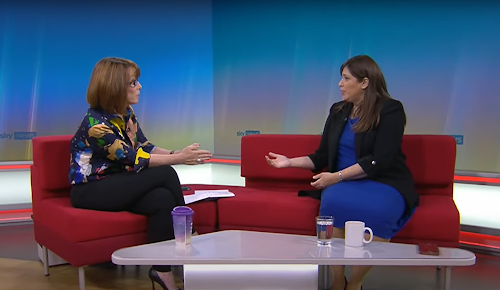Yassin al-Haj Saleh, a dissident Syrian journalist who spent 16 years in the regime’s prisons, challenges the reporting of Robert Fisk and Seymour Hersh, especially on the regime’s murderous use of chemical weapons.
A reader who relies exclusively on Fisk/Hersh for their understanding of Syria would never know that the Assad regime had used chemical weapons several times before the August 21, 2013 massacre in Ghouta. I was there at the time. I saw victims of sarin gas on two occasions in Eastern Ghouta and I met doctors treating them. The victims were from Jobar, which was hit with chemical weapons in April 2013 and from Harasta, which was hit in May 2013.
It is shocking that investigative journalists such as Fisk and Hersh know nothing about these attacks. They write as if Ghouta was the first time chemical weapons were used in Syria. Their credibility and objectivity is compromised by these omissions.
For these renowned commentators, the entire Middle East is reducible to geopolitical intrigue. There are no people; there is only the White House, the CIA, the British Government, Recep Tayyib Erdogan, the Emir of Qatar, the Iranian regime and of course Bashar Assad and the jihadis.
In Fisk’s myriad articles, one rarely reads about ordinary Syrians (the observation also applies to the late Patrick Seale).
…..
Ignoring local sources of information on the conflict in Syria seems to be a standard practice among many in the West, especially among left wing and liberal commentators. This speaks volumes about their ideological bias. Their dogmatic self-assurance with its veneer of professionalism is not substantively different than the obscurantist self-righteousness of the jihadis.The Hersh/Fisk narrative unfolds in a historical vacuum: it tells you nothing about the history and character of the regime. You will not learn that the regime has used collective punishment as a policy since the very beginning of the Syrian revolt. That it has used fighter jets, barrel bombs and scud missiles against civilians to cow them; that it has invited foreigners from Lebanon, Iran, Iraq, and other countries to assist in the slaughter.
…..
By methodically ignoring the Syrian people and by focusing on Al Qaeda, Robert Fisk and Seymour Hersh have done us all a huge disservice. The perspective on Syria portrayed by these writers is exactly the view of Syria that Bashaar Assad wants the rest of the world to see.
One can observe the same thing in Peter Oborne’s recent Telegraph report from the well-secured center of Damascus.
Ben Hubbard of The New York Times reports that as Assad prepares for farcical elections, the Syrian conflict has turned into a slow, grinding misery.
Syria, after more than three years of civil war, is no longer torn by a dramatic, back-and-forth contest between the government of President Bashar al-Assad and the rebels, where new advances by either side are frequent. At this point, the government may have the upper hand, but its forces are worn down, heavily dependent on outside assistance and unable to reclaim large sections of the country now controlled by rebels and extremist groups.
Instead, it has persisted with a slow, grinding strategy of seizing the territory it can while making life miserable in the areas beyond its reach. The weapons of choice — barrel bombs, blockades and starvation — reflect the government’s diminished military capacity as much as its continued willingness to use indiscriminate force.


